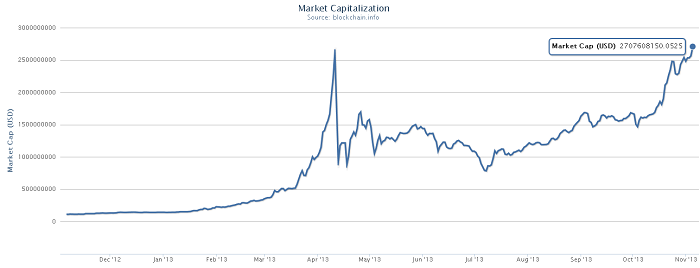What if eBay adopted Bitcoin
Post on: 16 Март, 2015 No Comment

September 8, 2014 @ 9:01 AM
“We think Bitcoin will play a very important role in the future”, said eBay CEO John Donahoe when pressed for his thoughts on the world’s pre-eminent cryptocurrency at a recent shareholders meeting. Donahoe’s comments fueled speculation of a future eBay-Bitcoin integration, a partnership likely to be implemented by adding Bitcoin payments to PayPal. its renowned money transmission subsidiary.
Although it has already authorized the sale of Bitcoin on both its US and UK sites, acting as a sort of surrogate Bitcoin exchange, eBay is yet to accept the currency as a form of payment. And though suggestions of it adding Bitcoin to its payment methods remain murky and ambiguous, it does seem to be in the works. Before this happens, several issues will need to be addressed as any attempt at integration will have severe repercussions for both Bitcoin and PayPal.
The Exclusivity of Bitcoin
Part of Bitcoin’s pull is its exclusivity and non-conformist ethos. Free from any central authority and therefore, clear of government regulation, it is, in essence, an anti-institutional form of currency.
It’s this non-resemblance to traditional money, which also makes it susceptible to frequent fluctuations in value, that turns many ordinary speculators and eCommerce retailers off adoption. And that’s the way some Bitcoin advocates want it to stay, free from being used by the majority and a currency of rebellion.
If Ebay were to begin accepting Bitcoin, it’d jeopardise these independent values and potentially trigger mainstream adoption of the digital currency, as well as removing the anonymity that normal Bitcoin transactions afford the user.
Sure, other eCommerce retailers like Overstock may have made headlines for their wildly successful decision to adopt the currency but, compared to eBay, it remains relatively small fry. In fact, Overstock’s newfound prominence has only come as a direct result of it being an early adopter, and the substantial additional revenue that this has bought them.
Having a major eCommerce player like Ebay behind Bitcoin would give it an aura of legitimacy and credibility, whilst also leading to its commercialisation. Much contention remains as to whether this adoption would be a good thing or a bad thing for the Bitcoin market.
Erasing Competition
Following in Donahoe’s footsteps, PayPal president, David Marcus, has also declared that his company is a “believer in Bitcoin”, adding that the currency is on “their radar screen.” That’s because both PayPal and eBay recognize that even though still its relatively young, Bitcoin is fast becoming a fearsome competitor and could challenge PayPal’s prominence in certain market spaces.
As Bitcoin can be used by consumers across the globe, including those without access to modern banking and payment methods (such as PayPal), Bitcoin is a currency that democratizes money and breaks down cultural and geographical barriers with its low transaction fees and process charges.
It’s cynical to suggest that the rationale for adding Bitcoin to the eBay payment system is purely to eliminate competition and gain a powerful ally, but that doesn’t make this totally unfeasible.

Clashing Styles
PayPal and Bitcoin’s return and compensation policies sit at opposite ends of the spectrum. PayPal, like credit card companies, operates a chargeback system, which can leave it open to fraud and disreputable buyers and sellers.
Yet, once a Bitcoin transaction is completed, it is irreversible, making no allowances for chargebacks. Whichever way you look at it, integrating Bitcoin into PayPal will be in contravention of the codes and practices of each respective system.
Ironically, eBay’s decision to allow the sale of Bitcoin on its site, with payment conducted through PayPal, has already highlighted the incompatibility of these payment services. In one such incident, a seller sold a number of Bitcoins to a malicious buyer, who then saw fit to make use of PayPal’s chargeback scheme and claim that the Bitcoin never arrived. At the mercy of PayPal procedure, the seller then had to make an enforced reimbursement and was powerless to reclaim the stolen Bitcoins.
PayPal’s Demise
Because Bitcoin is unanswerable to a banking authority, one of its biggest selling points is its minute transaction fees. Not only would this benefit the consumer, a reduction in supplementary cost would also help eBay to boost its return on investment.
A few commentators have predicted that this could mean the end of PayPal, which as a fully-regulated system, is bound by bank charges and additional fees. An extreme prophecy, no doubt, but its existence nevertheless proves that Bitcoin is being taken seriously by the eCommerce industry.
What do you think about the prospect of eBay adding Bitcoin to PayPal? Would be it good for the Bitcoin market? Or is it even a feasible idea?














